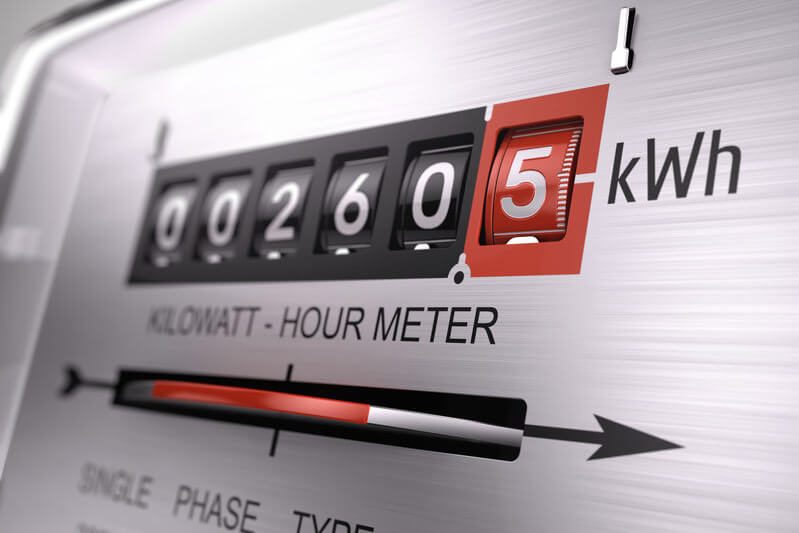Debts With Gas & Electricity Providers
Gas and electricity are priority debts. If you fall into arrears, your supplier can fit a pre-payment meter and can chase arrears through the courts.
This page cover electric and gas supply arrears; see also Water Arrears Debts.
I can’t afford to pay my bills
Firstly, contact your energy supplier for help. If your supplier does not fully appreciate your circumstances, they will not be sympathetic to them.

Gas and electricity are priority debts. This is because if you fall into arrears, your supplier can disconnect you or fit a pre-payment meter for any arrears.
Energy suppliers make considerable efforts to encourage customers to discuss their circumstances with them directly so that a suitable payment arrangement can be put in place to recover the arrears. Failing that, suppliers must offer the installation of a prepayment meter to avoid the need for disconnection.
Some suppliers offer cheaper energy deals to customers on low incomes. Many suppliers can offer free or subsidised energy efficiency measures to customers on low incomes as part of the Government’s Energy Efficiency scheme.
What happens if I don’t pay
The debt is eventually passed to a debt collection agency and if this fails a County Court Judgment (CCJ) will follow.
A CCJ can allow you to pay the arrears at a rate considered affordable by the Court. If you do not keep to the terms of the Court order further action may follow such as a Warrant Of Control, which means bailiffs will be visiting you.
For impartial information and advice on household energy, visit OFGEN, the UK’s energy regulator.
Disputed Payments
The law surrounding the supply of gas and electricity states that supplies must be maintained while there is a genuine dispute over outstanding payments. If you are concerned about disconnection over a disputed bill, whether it is the amount or your liability for it, tell your supplier immediately.
Gas and Electricity Disconnection
Suppliers are obligated to offer the installation of a prepayment meter to avoid the need for disconnection. While they can help to budget, you usually end up paying more for energy. Even if you have arrears with your current supplier, you can switch to a better tariff with another supplier.
Help To Pay Schemes
You might be eligible for help with your energy bills or making your home more energy efficient.
March 2021 Update: A one-off repayable £200 discount and a rebate on council tax bills have been announced by Government in a £9bn package designed to “take the sting” out of a £700-a-year rise in the average household’s energy bills due in April 2022.
Search at simpleenergyadvice.org.uk/grants national and local home energy efficiency grants and schemes.
Fuel Direct Scheme
If you are struggling to pay your energy bills and you are in receipt of certain benefits, you can arrange to have a fixed amount deducted directly from your benefits payments to go towards your bills. This may be more convenient and cheaper than a prepayment meter.
To find out more about Fuel Direct, contact Jobcentre Plus or your Local Pension Centre if you receive pension credits.
State Benefits to Help with Fuel Costs
In some cases, you may qualify for state assistance towards the cost of your energy bills.
The Warm Home Discount, for example, is a one-off discount of £140 on your electricity bill each year between October and April and is available to low-income households and pensioners.
The Cold Weather Payment is triggered if the temperature in your area hits zero degrees Celsius or below for seven days. You must also receive certain benefits to qualify.
If you are 65 years old or over as of October, you could be eligible for the Winter Fuel Payment and receive £100 to £300 to go towards your heating bills between November and December.
Switching gas or electricity suppliers when in arrears
You can change your gas or electricity supplier if you’re in debt, and if you owe less than £500 and you’re on a prepayment meter – and provided your new supplier agrees to accept. You may even be able to switch if you’re on a regular meter.
If you owe more than £500, you’ll need to reduce your debt to £500 before you can switch energy supplier.
IVAs & Utility Debts
How gas and electricity debts are treated in an IVA
Ongoing payments and any catch-up payment to gas or electricity suppliers are an expenditure item in an IVA
Debts owed to a previous supplier or from a previous address are included as a creditor in an IVA.
In the context of an IVA, debts are referred to as either an expenditure item or included as a creditor.
An expenditure item
When entering into an IVA, a calculation is made to determine your available disposable income. This establishes how to much you to have to pay towards your non-priority debts once you've paid for your living expenses, important obligations and priority debts. Your available disposable income is how much you pay into the IVA.
So, priority debts and other important obligations are said to be excluded from an IVA but are an expenditure item used to determine the IVA payments.
Included as a creditor
A creditor in an IVA represents a negotiable debt. It is these debts which are said to be included as a creditor in the IVA and cleared once the IVA completes.